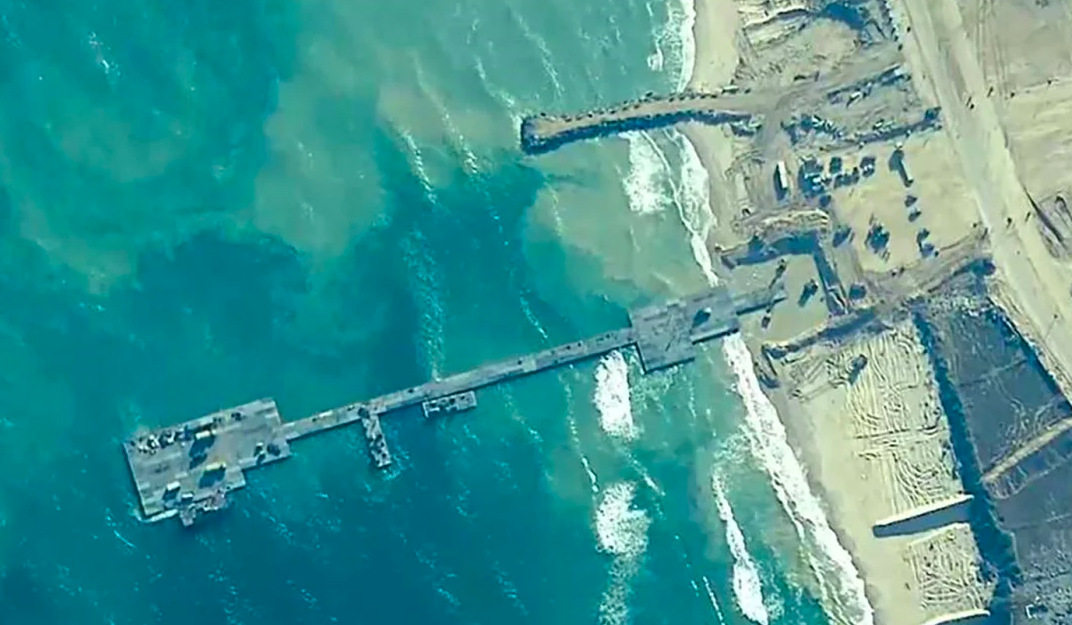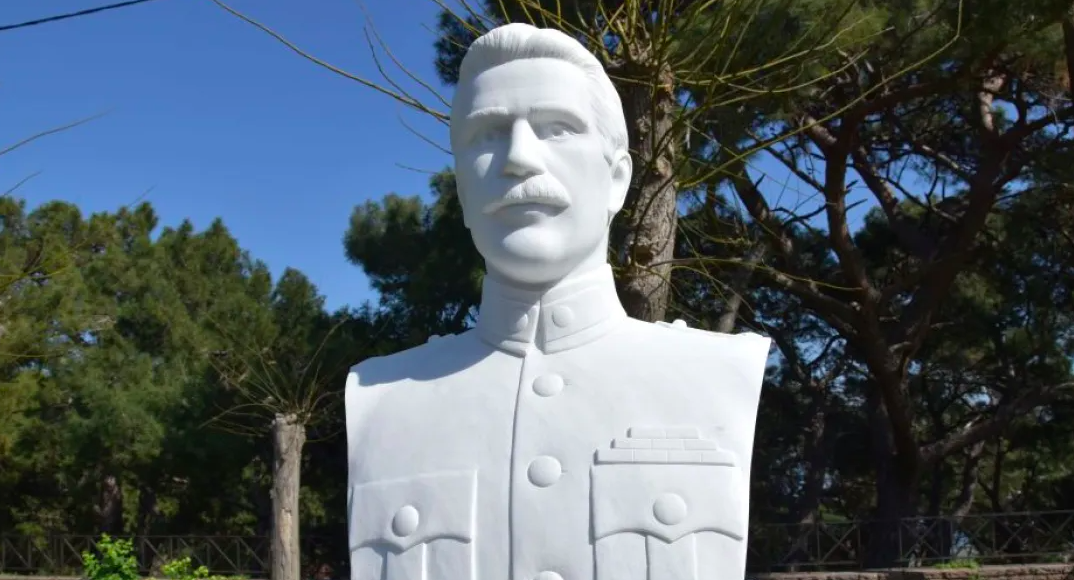The new incoming president of the European Commission Jean-Claude Juncker is on an offical visit to Greece. He met at noon with Greek Prime Minister Antonis Samaras to discuss a number of issues including the portfolio that Greece’s Commissioner might get next month.
Mr. Juncker confirmed that the portfolio that Greece’s new commissioner, Dimitris Avramopoulos, might get was discussed however no agreement was reached regarding this. On his part, Mr. Samaras said that he has confident in Mr. Juncker’s experience and is sure that the decision will be a satisfactory one for Greece.
Meeting with the press, Mr. Juncker played down the prospect of eurozone countries writing off part of the Greek debt so that it could be sustainable. Asked about whether Greek debt can be sustainable without a “haircut”, Mr. Juncker said, “When it comes to Greece the question you’re mentioning is not part of my meditation.”
On his part, Mr. Juncker said that the priority for Europe should be job-creation and growth. He expressed the belief that Greece is meeting targets and noted that the country avoided the kind of consequences suffered by Argentina.
Prime Minister Samaras statements
Prime Minister Samaras underlined that Greece meets all its goals, is exiting the recession and enters a new era with competitiveness and no problems.
He said that the discussion with Juncker focused on the new era and on ways to stabilize the new situation. “Such a crisis should not be repeated. We should not return to deficits, we should turn hope into a visible prospect for all. Greece, as far as fiscal adjustment is concerned, has achieved something which is unprecedented on an international level: it managed to have primary surpluses after 21 years and one year earlier than it was anticipated. As regards reforms, it went up 111 places in the international rankings and returned to the international markets a year earlier than expected.”
Samaras compared Greece to Argentina that still hasn’t returned to the markets. He noted that “Greece has avoided what Argentina was unable to avoid, and this happened when some were suggesting us to follow the example of disorderly default. This was possible because Greece remained under the European umbrella thanks to Mr. Juncker’s help as the president of the Eurogroup. Mistakes have been made on the way, but we have learned from them and we overcome them. Many predicted the worst for Greece and Europe but they were proven wrong. Staying under the umbrella of the Eurozone was what saved Greece.”
Juncker’s statements
On his part Juncker referred to the fight he gave for Greece to remain in the European Union. “I gave a big fight for Greece to remain in the European Union. I’m proud for doing everything in my power for Greece and I was vindicated. Plato cannot play in the second division.”
The EC President noted that he came to Greece for personal reasons. “In the past few years, I had the opportunity to forge brotherly ties with the Greek prime minister and I had friendly relations with the foreign minister as well. I came to Greece not being yet the European Commission president. I was elected the next European Commission president and I came here to thank the Greek prime minister for his support,” he underlined.
On the progress made by Greece, he said that Greece despite momentary difficulties has managed to impose its will for action thanks to an impressive collective effort. “I had to fight two battles: to persuade Greece and its government ministers to adopt a new direction and also, to convince the rest of the Europeans that Greece deserves their confidence,” Juncker said.
As regards Greece and Argentina, he said that there can be no comparison, adding that “if Greece was not in the EU the consequences on the lives of the citizens would be dramatic and Greece would have become Argentina”.

































